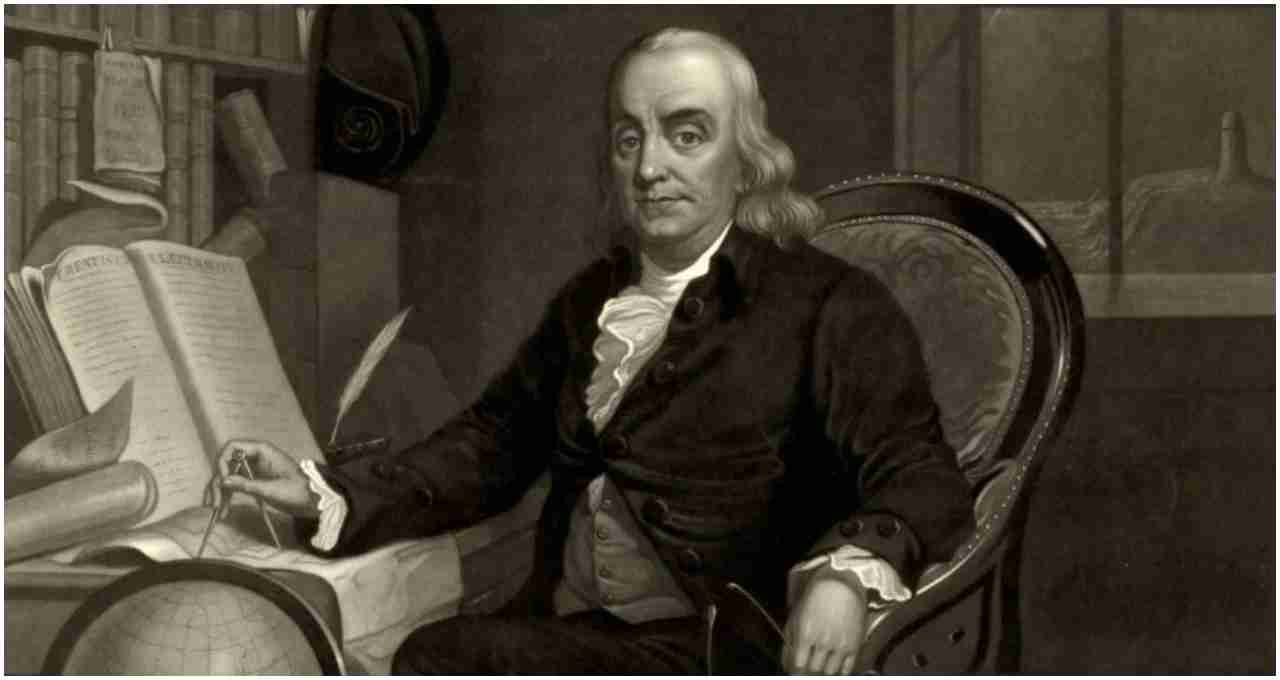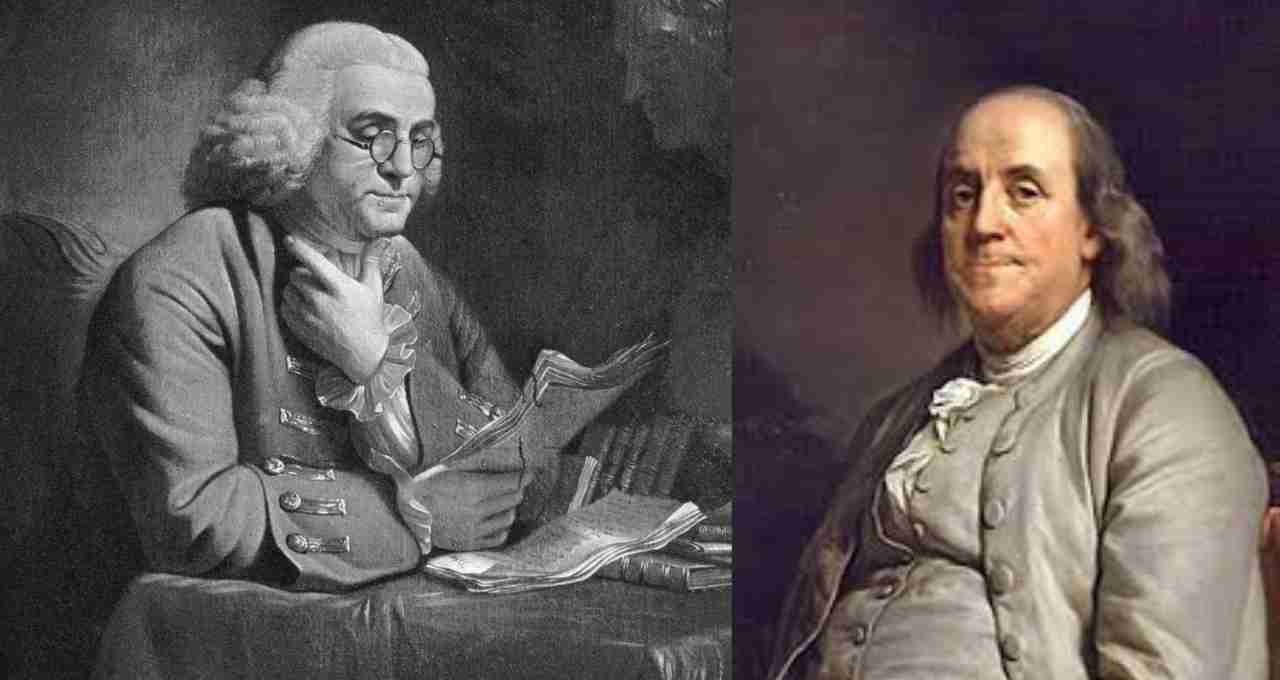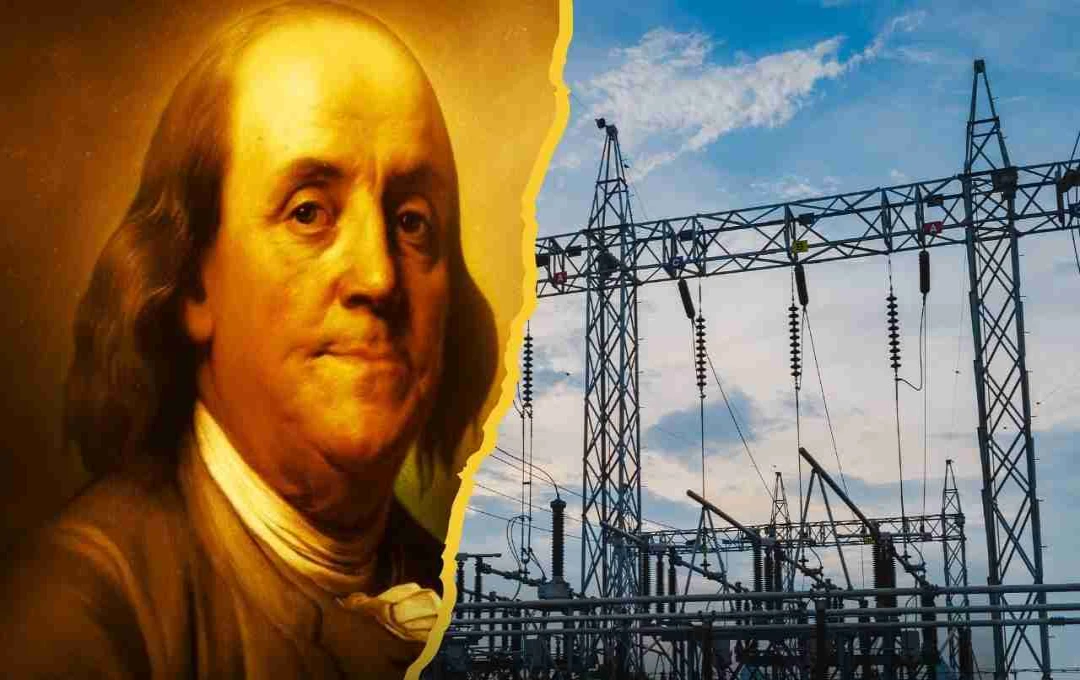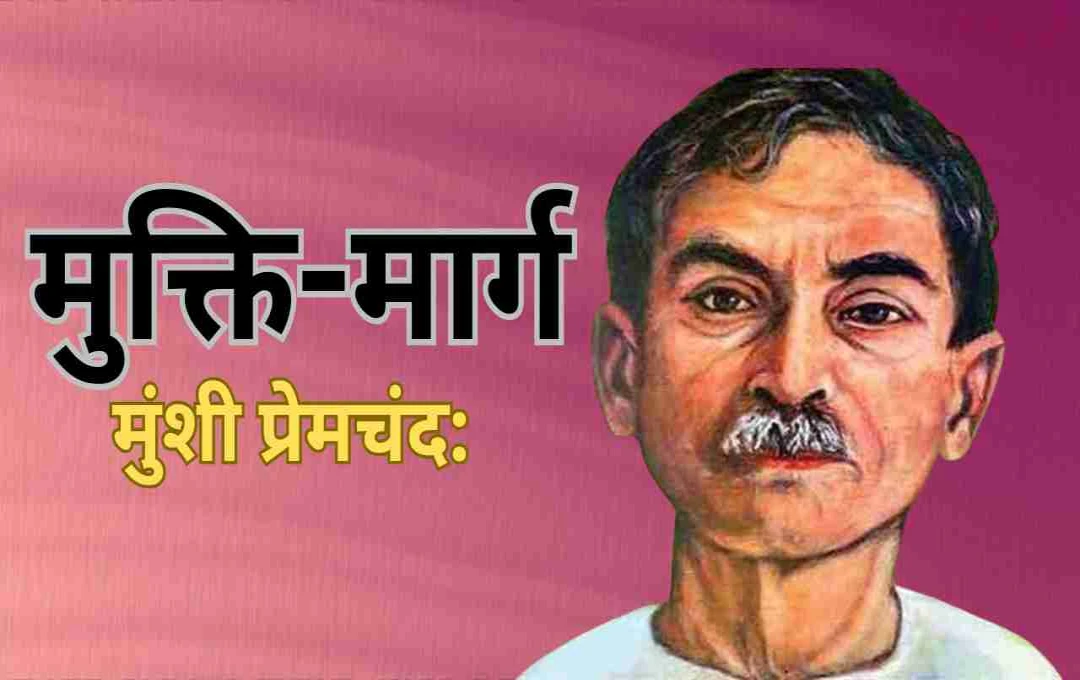In history, there are some personalities who become an inspiration not only for their era but also for future generations. Benjamin Franklin is one such great personality. He was a multifaceted genius—a writer, scientist, inventor, politician, philosopher, and one of America's founding fathers. His life's journey and achievements continue to be a source of inspiration for the world today.
Early Life and Struggles
Benjamin Franklin was born on January 17, 1706, in Boston, Massachusetts. His family was very ordinary. His father, Josiah Franklin, was a soap, candle, and tallow maker. Benjamin's father's life was an example of struggles and hard work from England to America. His mother, Abiah, was also a simple and religious woman whose family was among the early pilgrims of America. Franklin received little formal education, attending school for only two years. He was extremely promising in his studies as a child, but due to financial constraints, he did not get the opportunity to study further. At the age of 12, he started working at his elder brother's printing press, which changed the direction of his life. This marked the beginning of his journalistic and literary interests.
Contribution to Journalism and Literature
Franklin began to show his brilliance in journalism at a young age. He wrote satirical articles on social and political issues under his pseudonym "Silence Dogood," which became very popular. His writing prominently featured ideas of freedom, morality, and social reform. He started a newspaper called 'The Pennsylvania Gazette,' which became very famous in the colonies. In addition, he gained widespread recognition from the publication of "Poor Richard's Almanack." These papers and almanacs were not only sources of information but also became a medium for raising awareness and educating people. Franklin promoted ethics, education, and scientific perspectives through his publications.
Franklin as a Scientist and Inventor

Benjamin Franklin was also an extraordinary scientist. His discoveries and experiments in the study of electricity are still remembered today. He played a vital role in understanding the principles of electricity and invented the lightning rod, which could protect buildings from the ravages of electricity. In addition, he made important inventions such as bifocal glasses, the glass harmonica (a musical instrument), the Franklin stove, and maps of the Gulf Stream Current. These inventions not only gave a new dimension to the world of science but also made the lives of the general public simpler and better.
Contribution as a Politician and Diplomat
Franklin's name is recorded in American history as one of the greatest founding fathers. He was a key drafter and signatory of the Declaration of Independence. Franklin played an important role in uniting the various colonies of America and in the freedom struggle against Britain. In London, he led an influential campaign against the British Parliament's Stamp Act, which led to the act's repeal. In addition, as the first American ambassador to France, he strengthened the American Revolution with the help of France. Due to his skillful diplomacy, America received French military and economic assistance, which proved decisive for the revolution.
Social Reformer and Philosopher

Franklin was also a staunch supporter of social reforms. He established the first public library in Philadelphia, which became a medium for spreading education to the masses. He also formed fire services, public schools, and many civic institutions. From a religious point of view, he was liberal and considered humanity, morality, and education paramount. He also raised his voice against slavery and began the debate against slavery after the 1750s.
Personal Life and Legacy
Franklin's life was an amazing blend of family, struggle, knowledge, and service. He transcended social beliefs and political viewpoints, becoming the most influential American of his era. His many achievements are still alive today in the form of his picture on the 100 dollar note, the names of warships, and the monuments of universities. His approximately 30,000 letters and documents are collected as 'The Papers of Benjamin Franklin,' which are an invaluable source for researchers and historians.
Benjamin Franklin was not just a person, but represented an era. His life teaches us how, despite difficulties, limited resources, and social challenges, we can change the direction of society and the country through knowledge, patience, and dedication. He laid the foundation of America, advanced science, and raised his voice for social justice.















